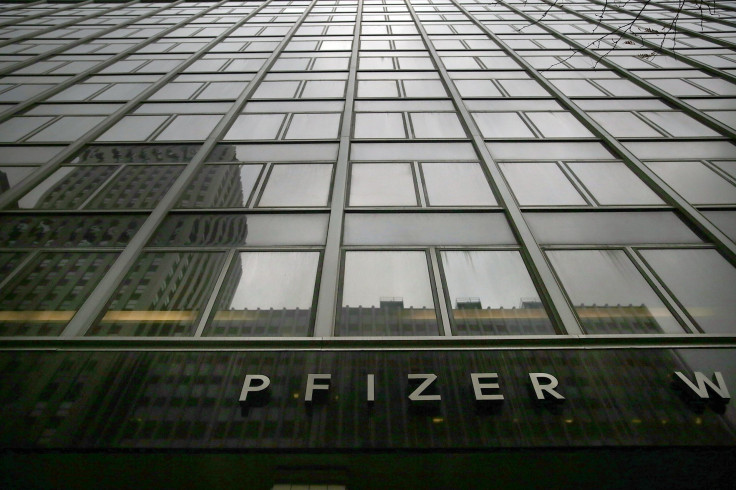Hillary Clinton Targets Corporate Inversions With ‘Exit Tax’ Proposal

Hillary Clinton is expected on Wednesday to announce a so-called exit tax targeting the practice of U.S. companies moving their addresses overseas in an effort to lower their tax bills. The practice, known as corporate inversion, has helped spur a flurry of mergers and acquisitions in recent years that’s kept hundreds of billions of dollars offshore and out of the reach of the U.S. Treasury.
Campaign aides speaking anonymously to the Associated Press said the Democrat presidential front-runner will propose taxing companies that offshore their profits and use the money to boost manufacturing jobs in the U.S. The exit tax is part of a series of economic proposals Clinton is rolling out this month, including a $275 billion boost to infrastructure spending.
In November, New York-based Pfizer announced it would merge with Allergan to create the world’s biggest pharmaceutical company. As part of the deal, the merged entity would be based in Ireland to lower the company’s tax rate by about 28 percent compared to what it would pay in the U.S., according to the AP. Dozens of major companies, including restaurant chain Burger King Worldwide and drugmaker Perrigo, have moved their bases abroad by acquiring foreign companies.
Clinton has been trying to address criticisms from the left that she’s too cozy with Wall Street to do anything to reign in the excesses and risky behavior that contributed to the 2008 global financial crisis. Clinton has elicited support from banking elites like Goldman Sachs CEO Lloyd Blankfein and other high-ranking bank executives who view her as more pragmatic than populist.
In an op-ed published Monday in the New York Times, Clinton outlined her plans to “reign in Wall Street.”
“We need to further rein in major financial institutions,” she wrote. “My plan proposes legislation that would impose a new risk fee on dozens of the biggest banks — those with more than $50 billion in assets — and other systemically important financial institutions to discourage the kind of hazardous behavior that could induce another crisis.”
The U.S. Treasury department announced in September measures to crack down on corporate inversions. The rules include curbing the practice of cherrypicking the headquarters of a merged entity to countries with the most beneficial tax climates, instead restricting the location to where the foreign company is based. They also limit the practice of artificially reducing or enlarging the size of a U.S. company to meet requirements that the owners of the U.S. entity own less than 80 percent of the merged company.
Corporate inversions emerged in the early 1980s when tax lawyer John Carroll Jr. helped Louisiana offshore rig-builder McDermott incorporate its headquarters from New Orleans to Panama, in a complicated deal Bloomberg Businessweek described as a “daughter legally adopting her own mother.” Since then at least 45 others companies have used the scheme to avoid paying nearly $10 billion in U.S. taxes.
© Copyright IBTimes 2024. All rights reserved.





















